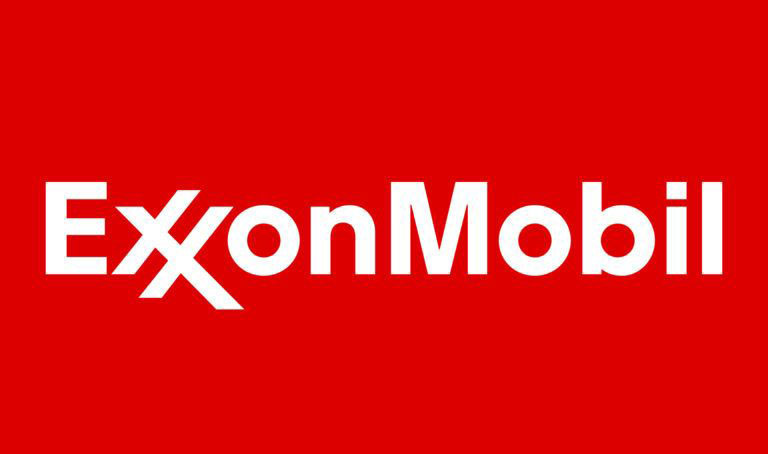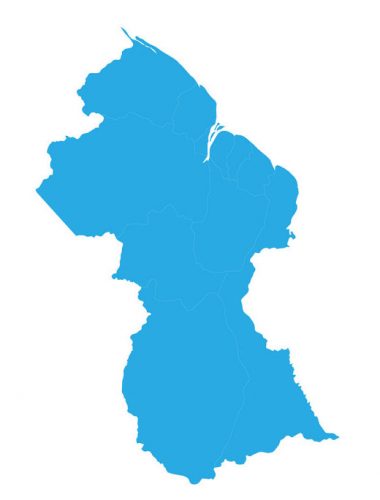When, in May 2015 the United States ‘super major’ ExxonMobil handed us the news that beneath our territorial waters lay oil & gas riches beyond our (and perhaps even their) expectations, the knowledge altered our outlook as individuals, families, communities and as a nation, in an unprecedented way.
Before the ExxonMobil discovery and disclosure our perspective on oil resided in an awareness that for us it might be an as yet unearthed resource (earlier exploratory pursuits had admittedly thrown up positive evidence of the presence of oil in our territorial waters) that might one day ‘come to the surface’. We were, as well, more than vaguely aware of the fact that oil ‘strikes’ had transformed the fortunes of a handful of so-called ‘desert kingdoms’ in the Middle East beyond their wildest dreams and subsequently, that our CARICOM neighbour, Trinidad and Tobago, had also ‘struck’ oil.
After the ‘feel good’ there was the global energy crisis that brought us and others like ourselves to an understanding that the social and economic havoc wreaked on our country (and from which it is yet to recover) was a function of our inability to afford to provide ourselves with oil. To this day we remain scarred (both emotionally and economically) by the terrible years of energy crisis and all of its crippling consequences some of which remain to this day.
Dreams are the riches of the poor. They allow the have-nots to have. That facility is driven by the power of dreams to have us be what we think we are, or more appropriately, in this instance, to have what we think we have. So that back then, when our ‘oil wealth’ reposed only in the inspirational public pronouncements by our politicians, themselves seeking to sell us dreams, that had, in some instances, a kind of uplifting. We became animated, sought to learn what we could about the fabulous wealth and lavish living of the rulers of the oil kingdoms of the Middle East. That helped to drown out our own miseries… and to dream. Mind you, our knowledge of the oil sheiks and their kingdoms, never really went much beyond a sketchy understanding of their fabulous life styles. What we learnt, however, was more than enough to fill our dreams.
ExxonMobil’s May 2015 oil discovery was an earth-shaking breakthrough! It pushed our dreams closer to the reality which, arguably, many of us had never really contemplated (after a time one simply gets tired of hoping). ExxonMobil’s disclosure far superseded the stuff of dreams. It pointed the way to a future that appeared iron-clad in reality, offering real hope of socio-economic transformation. We could, finally, surface from our poverty and our dreams.
Up until May 2015, our history of hope and of effort had yielded no comparable option. True, the transformation that oil now promised would take time but it was the far greater level of certainty that reposed in what ExxonMobil had to say to that was transformational. Our promised El Dorado was no longer a chimera. The exultation was unbridled, manifesting itself in aspirations that were much more short-term. Long years of waiting and of sacrifice had, as well, spawned a level of impatience that could hardly be restrained. That is where we are now, tired of poverty, tired of promises, straining at the leash that still keeps betterment at bay.
So that the waiting, this time around, is attended by an exaggerated level of eagerness. These days, we have become more impervious to false promises than had hitherto been the case. The prevailing impatience has had a sort of blinding effect, so that there is, in, in some instances, an absence of appreciation of the fact that there will be an interregnum between finding and oil recovery and the transformation of the returns into an end objective… taking the country, the people, out of poverty.
That, of course, becomes the subject of another heated socio-political discourse. How long will we have to wait? That question is not easily answered but it is the answer that people most want. It has to be answered, first, at the level of those who govern us and the answers must be clear and time-lined. The undertakings must be eminently deliverable. Contextually, what we cannot compromise is the quality of governance. That is something that those who lead us and who aspire to do so must understand. More accountable government is a critical ingredient in the formula that will take Guyana forward.
There are other discoveries that we are making too. Those have to do with our level of preparedness for managing (controlling may be a better choice of word here) our oil resources. After all there is so little that is in our hands. The recovery; the movement to market; the vicissitudes of the market and the various pockets of expertise that have to do with ‘being in control’ that are still a great distance from being at our disposal at this time. So that there is a lot about benefitting from our oil resource that will be, for the foreseeable future, altogether out of our hands. Already, there is evidence of what one might call an interregnum of backwardness that has spawned what, all too often, is a seemingly riotous discourse. Oil has become politics, a kind of whistling in the wind public chatter, a free-for-all of perspectives that is, all too often, combative to the point of being unhelpful, dripping with polemic, far shallower than it ought to be. At times the ‘hollering’ and the ‘shouting’ appears to have to do with little more than people competing to parade limited knowledge whilst laying questionable claim to greater expertise.
What our ‘oil wealth’ has done, as well, is to add to a political agenda which is, in itself more than a little tedious and counterproductive (some may say toxic) in its nature. Once oil becomes part of that agenda it tends not so much to contribute to our understanding of what the future may hold for us, but to kill off the dreams which, in more ways than one, keep us going.
We, however, have no option but to persevere, to hold on grimly. There is still a measure of ‘feel good’ in the fact that oil has brought investors from all sorts of sectors to Guyana, like bees to nectar; investments in hotels and housing complexes and the prospects for the knock-on effects of those developments on neighbouring communities provide a measure of reassurance. For now, at least, there is no other game in town. The worm keeps twisting and turning.
Of late, there is not just the way we live, there is, as well, the coronavirus. Both, frankly, are imponderables, each, in its particular way, menacing our development trajectory and threatening to smash our dreams. Here, it is a question of whether we can ‘ride out’ (or fend off) the virus and ‘get it together’ insofar as ‘the way we live’ is concerned. Those, and more particularly the latter, are issues for a separate, more incisive analysis. Here, the issue is that there remains a glaring deficiency in the thoroughness of our analysis of just where we are as a nation. In a sense, the reality of our ‘oil wealth’ has brought us to a point where we can no longer avoid that critical conversation about the way we live.


